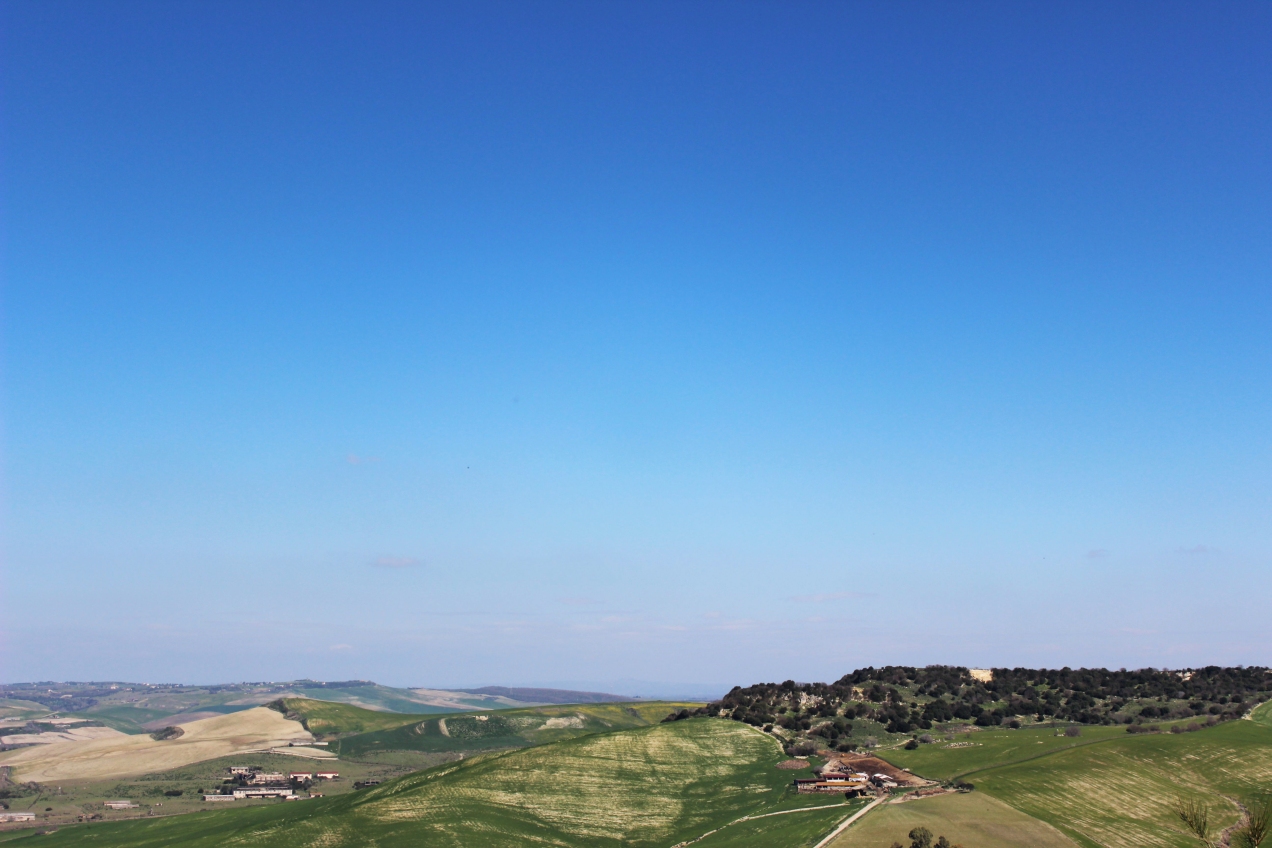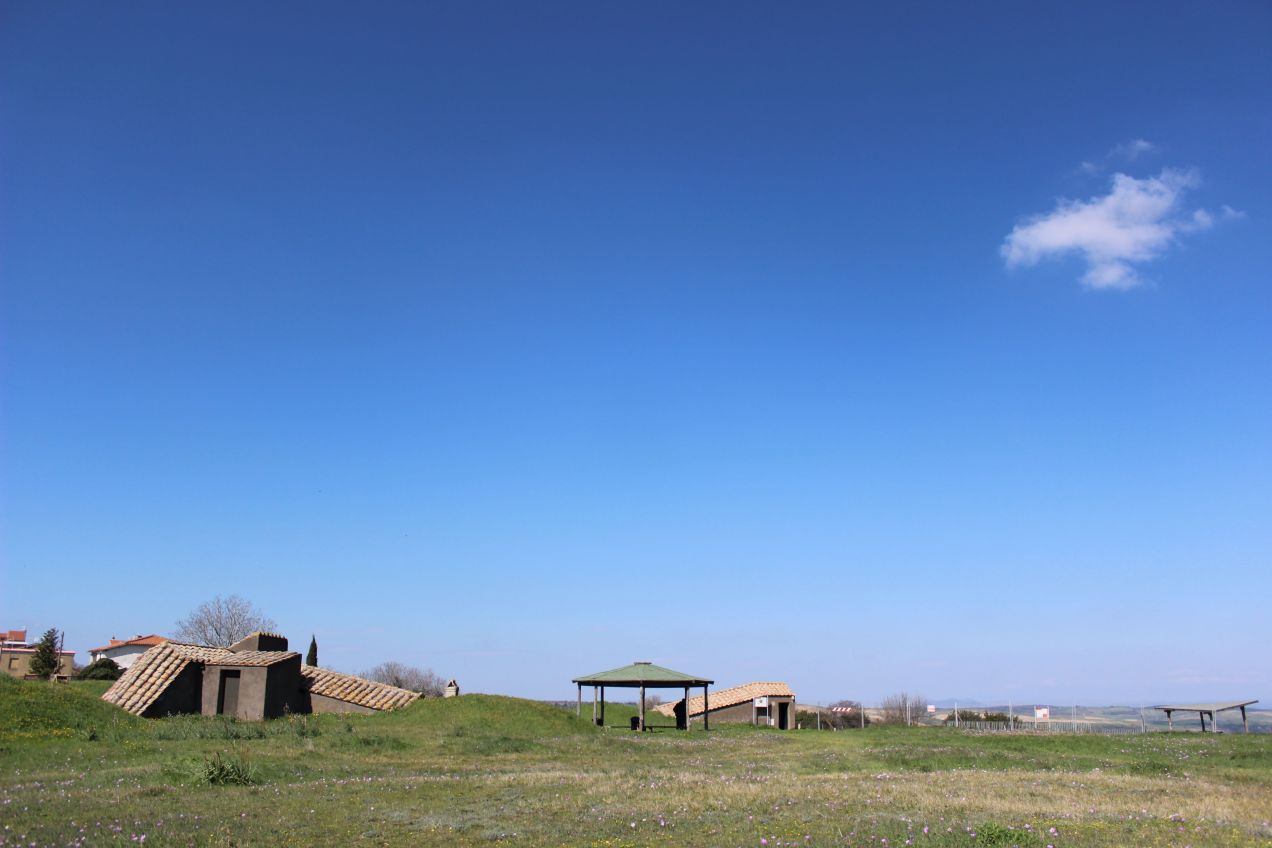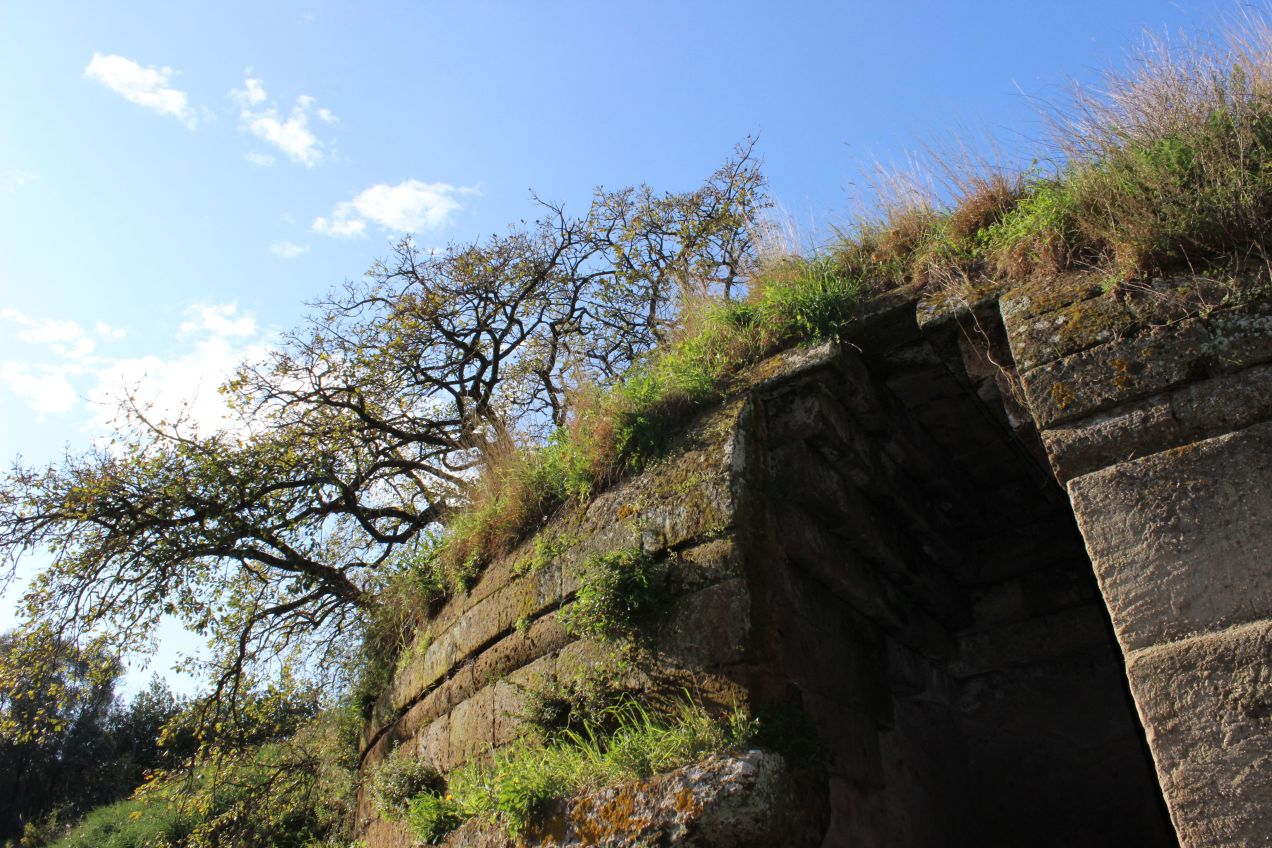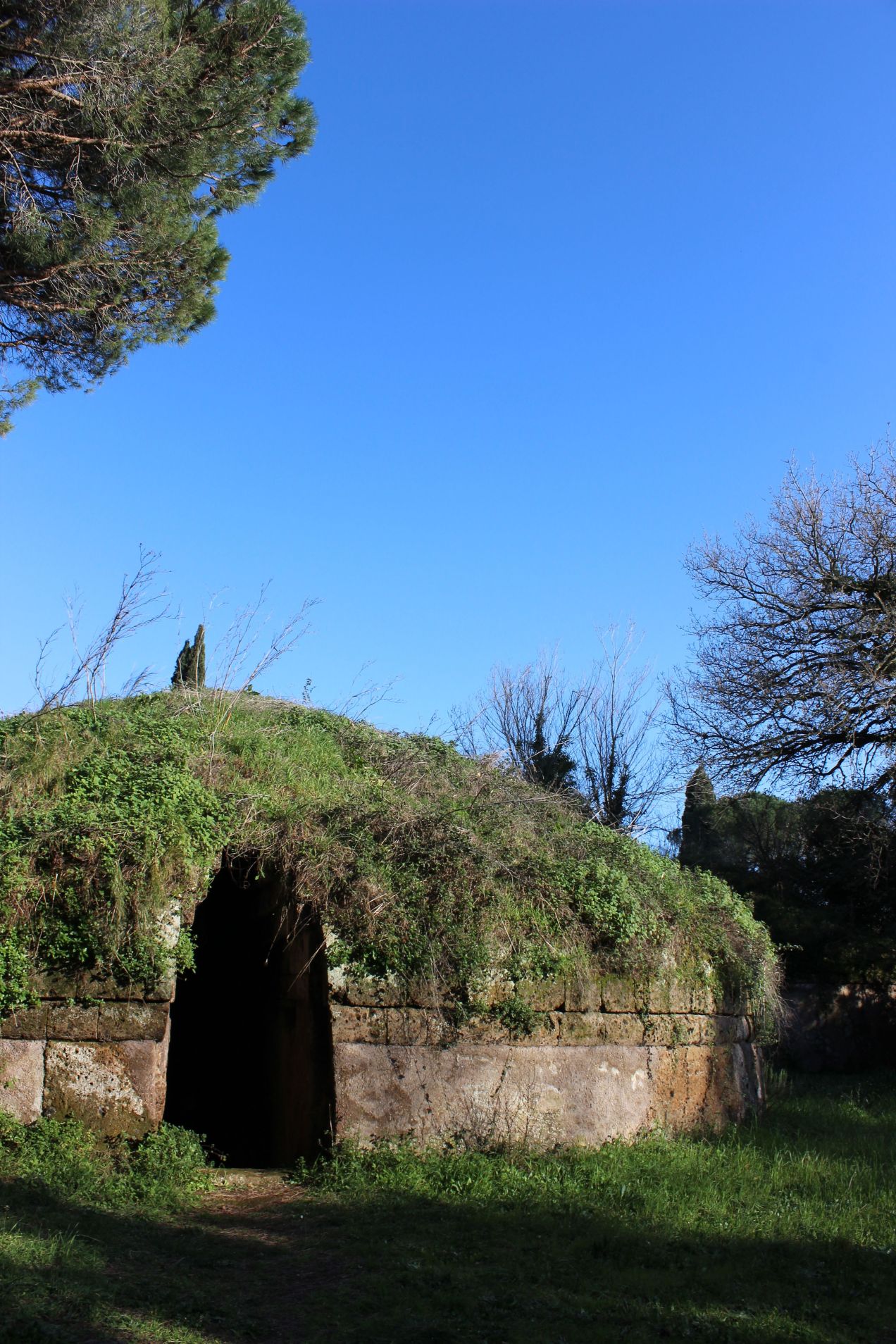I’m a type-A organizer, impossibly controlling and nauseatingly high-strung. Traveling has kicked my penchant for planning into overdrive: when leaving for a weekend, I itinerize every step. I plotted out every inch of train, bus, and plane transportation to London with times and back-up plans. I decided I wanted to eat Prague schnitzel and picked two restaurants to try before I even arrived in the Czech Republic. I’ve stopped just short of scheduling when to kick back and explore on my spring break, though I have mapped potential places to eat and see in Barcelona with a suitcase while I wait for a few friends to arrive. Some of the best experiences I’ve had abroad, though, are the ones I haven’t planned. When the to-do list is out of my hands, my trips are often a gorgeous surprise — dazzlingly so.
I met my grumpy anthropology class at 7:15am on Friday to board a teeny-teeny-tiny bus and ride out three hours just to poke around some holes in the ground left behind by the long-gone Etruscans. We were depleted before we even left.
I had no idea where we were going or what would be there. My professor had been mentioning these names — Cerveteri, Tarquinia — all semester, but I only knew that they were ancient Etruscan cities that housed some artifacts. And I wasn’t excited to go. I had been on one other class trip this semester for a different course, where we sprinted through five cities in two days to cram in as many museum exhibitions and churches as our budget would allow. It was not my idea of a weekend getaway.
Tired and cranky as I was, as the bus began to shuttle through the Italian mountains, I had to perk up at the craggy skyline and the long stretch of hills. It turns out that we were heading into the south, and Italy was heading into spring. Grass spread from the road to the horizon, dotted with tufts of white sheep. Walking into this valley, I thought, one might never find its end.
And then we pulled up at its edge.
This was Tarquinia, blue-sky Tarquinia, and an ancient City of the Dead. My professor met us at the bus door as we dismounted, and he led us through a funny little one-roomed museum to enter the gated vast field. Stone roofs poked out of the ground at strange angles. Pot-shaped boulders scattered in the grass. These were the buried urns and frescoed tombs of the Etruscans, nearly 2500 years old. We spent the next hour descending into the mouthpieces of these roofs, which protected underground rooms decorated with dancers, gladiators, and priests. These were scenes of the Banquet of Eternity, the Etruscan funerary celebration that was celebrated by both the living and the deceased. We glimpsed portraits of the tombs’ original inhabitants, reclined on their clime and feasting in the frescoes. Then my professor unleashed us to sprawl in the grass and take in how a dead city could feel so alive.
After a brief stop in Tarquinia’s city museum to see what had been unearthed in these tombs, we boarded the bus again to move on to Cerveteri. Again, we pulled up to a seemingly untouched field with greenery abound and few visitors to be seen. But this couldn’t be Italy anymore. We were in the Lord of the Rings.
In Cerveteri, there are these idiosyncratic tumuli, or dome-shaped tombs that are carved from tuffa stone — now covered in moss and grass — that housed underground rooms and rooms of urns and bodies. We circled these massive structures stacked in the hills, scaled their sides and climbed to their entry doors, and crept down into the catacombs to see where the dead used to reside. This was a fantasy world.
After an hour or two of scrambling through thousands-years-old domes, we set out for Norchia to climb into more caves at dusk. It was once a gridded city, now crumbled in the side of a mountain, that we looked on from across a stream. The scene was abandoned. Our professor’s son shouted to the ancient city — “Echo!” — and his words bounced faithfully back to us two, three times. Three ancient worlds in one day, untouched by people or planning.















